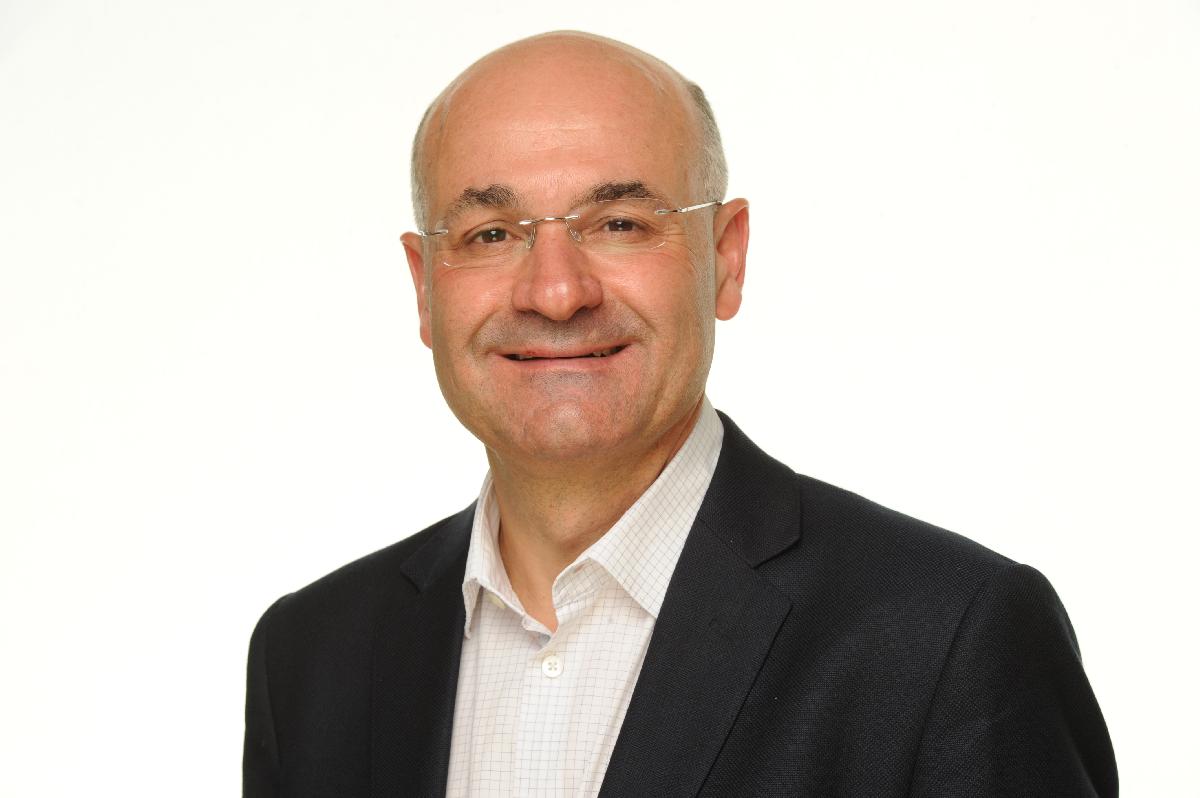Costas Markides
PROFESSOR OF STRATEGY AND ENTREPRENEURSHIP
Costas Markides is Professor of Strategy and Entrepreneurship and holds the Robert P. Bauman Chair of Strategic Leadership at the London Business School.
A native of Cyprus, he received his BA (Distinction, 1983) and MA (1984) in Economics from Boston University, and his MBA (1985) and DBA (1990) from the Harvard Business School.
He serves on the Editorial Boards of several academic journals such as the Academy of Management Journal, the Strategic Management Journal and the Sloan Management Review. He also serves on the Board of Directors of the Strategic Management Society (SMS) and was a fellow at the World Economic Forum in Davos during 1999-2003 and in 2012-2013.
Repeatedly ranked among the worlds top 50 business thinkers by the Thinkers50, Professor Costas Markides is recognised as one of the worlds foremost experts on strategy and innovation. An internationally acclaimed teacher and conference speaker, Professor Markides has researched the topics of strategic innovation, business model innovation, diversification and responding to disruptions.
His work explores how established companies could pursue radical or disruptive innovation and how they can compete with two business models in the same industry. He also examines how companies can create a culture of continuous innovation and the role that individual managers play in making a company more innovative. His more recent work explores how managers can overcome the Knowing-Doing Gap.
In recent years, Professor Markides has increasingly turned his attention to social issues and studies how management ideas can be used to address social problems such as drug related crime, poverty and malnutrition. His forthcoming book, Architects of Change, explores how individuals could design innovative solutions to social problems in ways that make them easily scalable. He also examines how a decentralised change process could be used to scale up social innovations and diffuse them globally.
He has published several books on the topics of strategy and innovation including the best-selling books: All the Right Moves: A Guide to Crafting Breakthrough Strategy (HBS Press, 2000); Fast Second (Wiley, 2004) and Game-Changing Strategies: How to Create new Market Space in Established Industries by Breaking the Rules (Wiley 2008).
